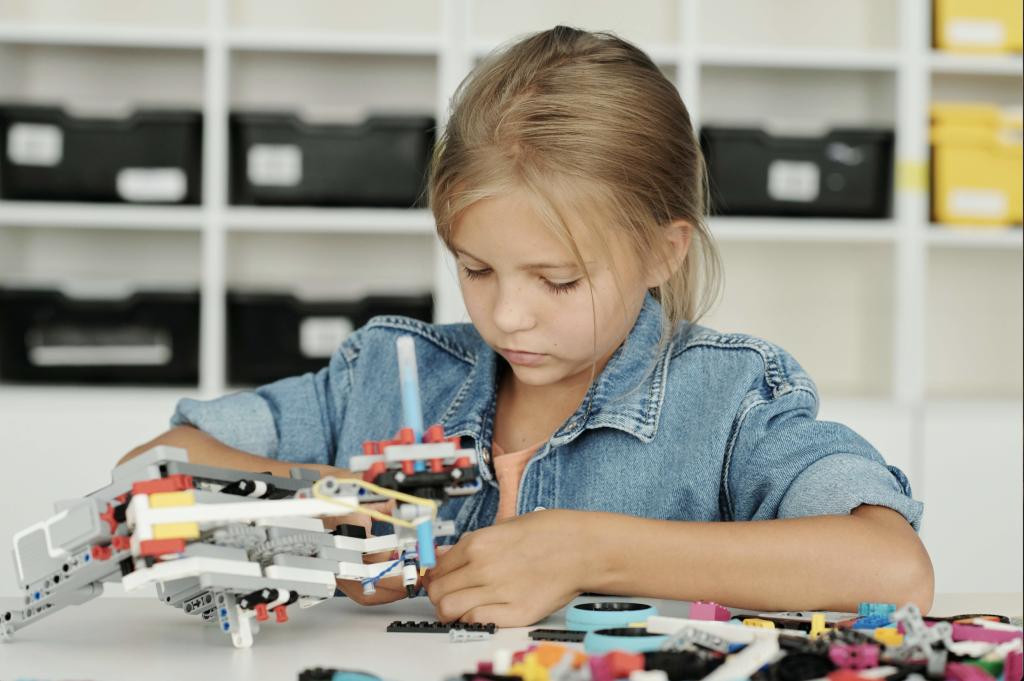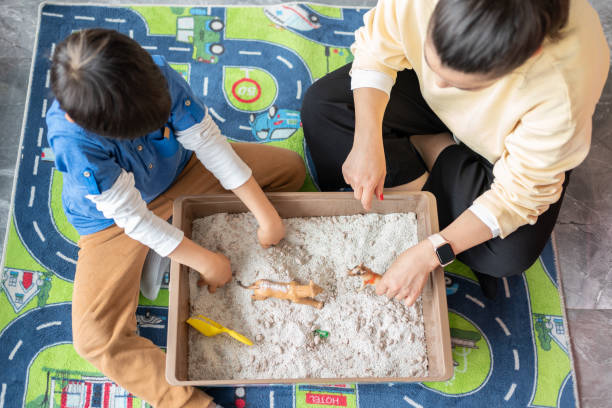Play is how children express emotions, process experiences, and make sense of their world. In play therapy, we meet children where they are: emotionally, developmentally, and creatively. Our approach blends child-centered and directive methods, allowing space for both open exploration and skill-building when needed.
We focus on building a strong, trusting relationship, knowing that connection is the foundation for growth and healing. Therapy is made fun, engaging, and accessible, even for children who may feel hesitant or unsure about it. Through developmentally appropriate tools like imaginative play, storytelling, art, legos, and sand tray work, we help children process emotions, build skills, and find their voice.
We work with children as young as 2 years old through the lifespan.

We integrate evidence-based approaches tailored to each child’s unique needs, including:
Anxiety & excessive worry
Depression & low mood
Obsessive-compulsive disorder (OCD)
Attention Deficit Hyperactivity Disorder (ADHD)
Hair pulling, skin picking and other repetitive behavior disorders
Emotional regulation difficulties
Grief & loss
Sleep difficulties related to stress or anxiety
Low self-esteem or confidence
Behavioral challenges and outbursts
Attention Deficit Hyperactivity Disorder (ADHD) & impulse control
Anger and frustration tolerance
Sensory processing challenges
Selective mutism or difficulty verbalizing emotions
Attachment & relational difficulties
Social skills and peer relationship challenges
School-related stress or school refusal
Divorce, separation, or family transitions
Life transitions (moving, new sibling, starting school)
Bullying — whether experiencing it or exhibiting it
Trauma and post-traumatic stress (PTSD)
Chronic illness, hospitalization, or medical trauma
Identity and self-expression concerns


Copyright © 2024 TrueMindBody
Terms of Use
Privacy Policy